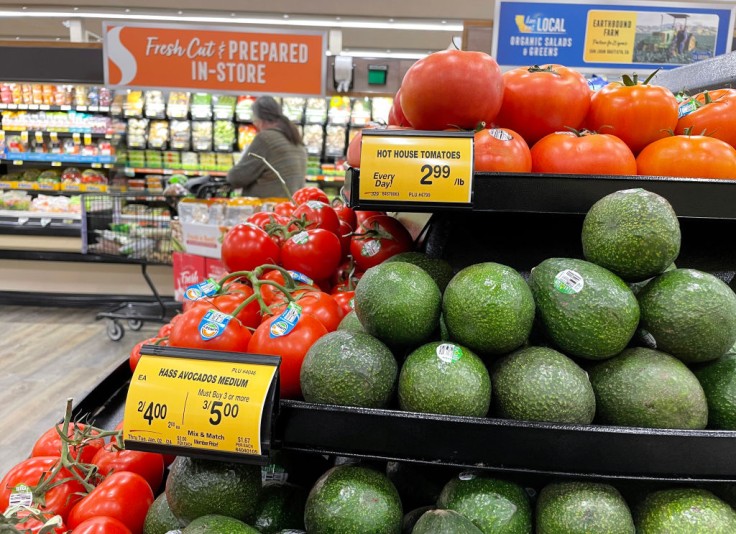
The U.S. Department of Agriculture (USDA) has temporarily halted the export of avocados and mangoes from Michoacán, Mexico, following a security incident that raised concerns for the safety of its inspectors. This decision affects one of Mexico's major agricultural exports to the United States.
USDA Stops Avocado and Mango Exports
On Monday, a USDA spokesperson announced that the inspection program will remain paused until the department can guarantee the safety of its Animal and Plant Health Inspection Service (APHIS) inspectors working in Mexico.
"The programs will remain paused until the security situation is reviewed and protocols and safeguards are in place for APHIS personnel," the spokesperson stated.
The USDA didn't give specific details about the nature of the security pitfalls. However, reports from Reuters indicated that the suspense followed a kick in support of local police in the municipality of Paracho.
The USDA first informed the Avocado Exporting Producers and Packers of Mexico about its decision to suspend new exports earlier this month.
USDA Safety Review's Impact on Supply Chain
While avocados and mangoes formerly audited and in transit won't be impacted by the suspension, the halt could have significant implications if the issue isn't swiftly resolved.
This marks the second suspension in just over two years; a similar incident in February 2022 also led to a temporary pause due to safety concerns for USDA workers. That situation was resolved within a week and didn't significantly affect the U.S. avocado supply.
Michoacán and Jalisco are the only Mexican countries authorized to export avocados to the U.S., a trade worth billions of dollars annually.
Michoacán, however, is one of Mexico's most dangerous states, plagued by organized crime and extortion, which has not spared the economic avocado industry. However, the disruption could impact the availability of avocados in the U.S. if the current suspension extends beyond a brief period.
Security Concerns in Michoacán
The USDA's decision underscores ongoing security challenges in Michoacán, known for its long-standing issues with gang violence.
The avocado industry, despite its profitable importance, has been vulnerable to criminal activities. In light of these hazards, ensuring the safety of U.S. inspectors is paramount for the continuation of agrarian trade between the two countries.
Michoacán Governor Alfredo Ramirez has been in constant communication with U.S. officials, handing assurances that appropriate export conditions are in place.
Despite these assurances, the USDA has deemed it necessary to break the examination programs until a thorough safety review is completed.
The USDA's actions highlight the delicate balance between maintaining robust agricultural trade and ensuring the safety of the labor force involved in the examination process.
As the situation unfolds, stakeholders on both sides of the border will be keenly watching for developments that could impact the flow of these popular fruits to U.S. consumers.
The USDA's temporary halt on avocado and mango exports from Michoacán underscores the significance of security measures in international trade.
While the immediate impact on the supply chain may be minimal, prolonged disruptions could affect the availability of these fruits in the U.S. market. For now, the focus remains on conducting a comprehensive safety review to ensure that APHIS inspectors can operate without threat.
As the situation is nearly covered, it's hoped that the necessary protocols and safeguards will be swiftly enforced, allowing the resumption of exports and the continued enjoyment of Mexican avocados and mangoes by U.S. consumers.